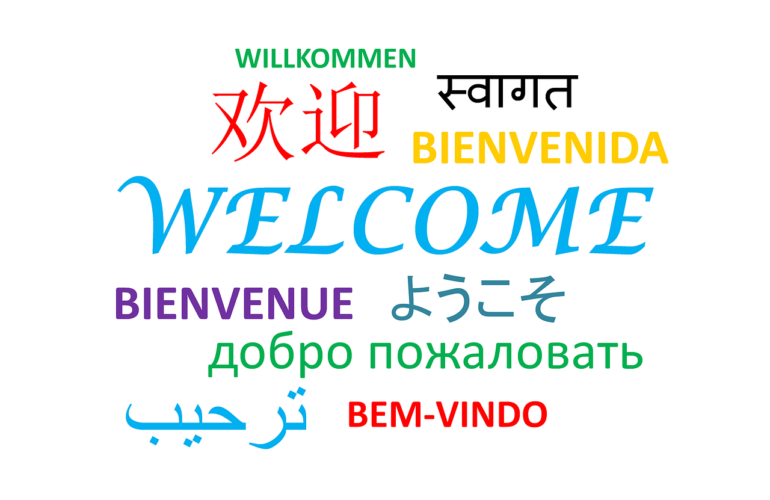Each individual experiences the world through their senses (touch, sight, smell, taste, and so on), but according to recent studies, the language we speak can also determine a slightly different way of perceiving the reality that surrounds us.
Linguists long believed that, because we use language to express thoughts and ideas, and even to communicate with ourselves, we allow our thoughts to be influenced by words or grammar rules.
Of course, every language is influenced by the traditions and habits that are prevalent in the area we live in. As such, each language can stimulate the development of specific skills, that are (or were) important for a specific geographic area.
Words that Shape What We See
One study had English-speaking and Russian-speaking students identify colours while measuring their reaction time. Now, in Russian, there are two different words used for light blue and dark blue, while English only has the one word.
As it turns out, this slight differentiation allowed the Russian students to identify colours faster and more accurately, while the English students were confused by the slight variation in shade. There are studies that prove we can’t perceive a certain colour if we don’t have a word for it. Scientists believe that ancient civilisations couldn’t distinguish between green and blue because they didn’t have a word for the colour (the same thing happens today to the Himba people in Namibia). The word for the colour blue (and the colour itself) was first introduced by Egyptians.
Based on these results, scientists concluded that language makes us focus on the objects, which is why it shapes the way we see and perceive the world.
Language Influences the Way We Think
We see this in everyday interactions with people from other cultures, but if we compare English speakers with speakers of Guugu Yimithirr, which is only spoken in a remote community in Australia, the influences are undeniable.
These people don’t organize things from left to right (they don’t even have the words for it) but from North to South. As such, if you were to ask for directions, you’ll receive an explanation oriented around the four points of the compass.
As an English speaker (or any other western language) you may be confused by this explanation because we don’t usually think in terms of North and South. However, this way of speaking and thinking allowed Guugu Yimithirr speakers to develop spectacular spatial orientation. As a result, they can find their way towards their destination without using a GPS or a compass.
Enjoying a New Culture
Considering the evidence brought forth by these studies, one might ask if learning a second language would have the same influence on how we perceive the world. Scientists had the same conundrum, so there are studies on this topic as well.
The results show that people who speak two or more languages are better at pulling information together and are more open to change. However, a new language doesn’t have a powerful impact on how you see the world – this only happens with the mother tongue.
Wrap UP
So, yes, the language we are born into shapes the way we see and experience the world around. Still, by learning other languages and experiencing new cultures, we allow the brain to create new neural connections and become more skilled and resourceful which leads to better problem solving and a broader understanding of the world around.
